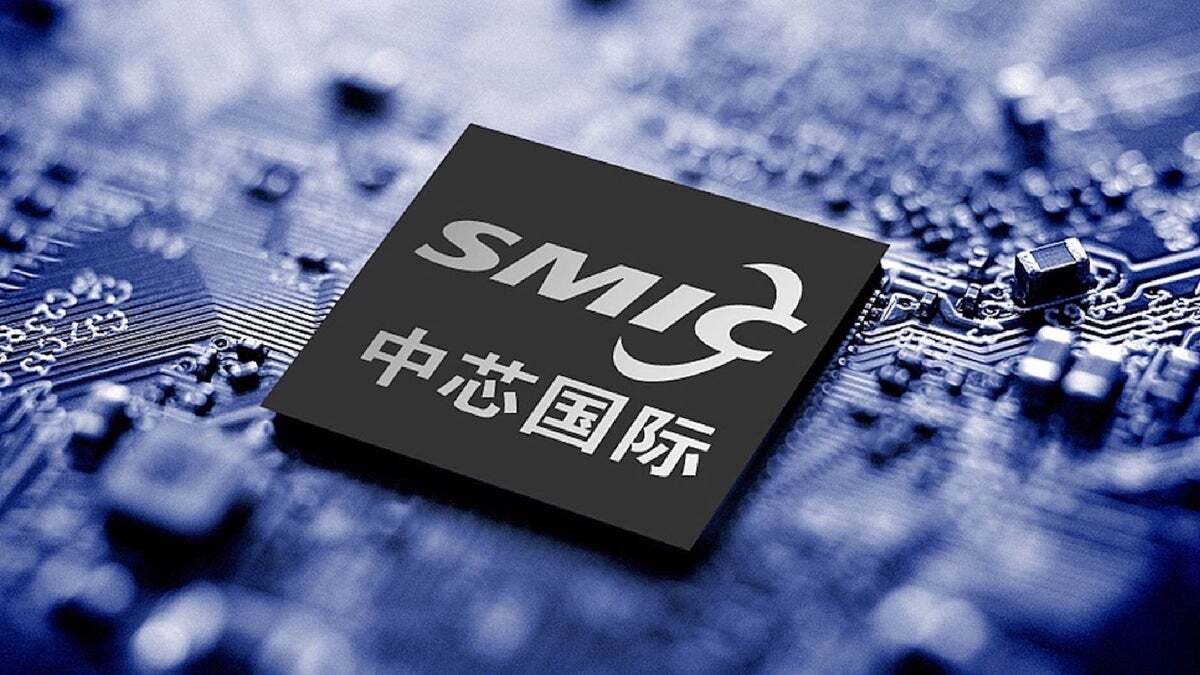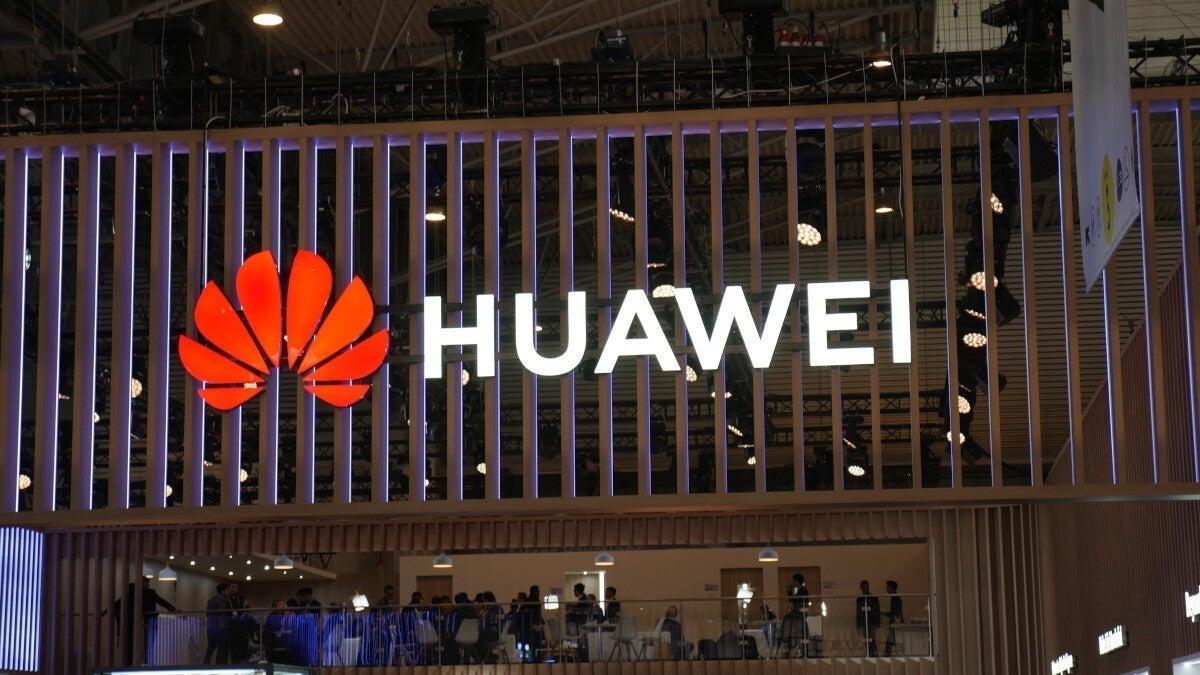Back in 2020, one year after putting Huawei on the Entity List preventing the company from doing business with its U.S. suppliers, the U.S. Commerce Department went a step further. New export rules were crafted that prevent Huawei from obtaining cutting-edge chips from foundries that use American technology to manufacture chips. This, plus sanctions preventing Dutch firm ASML from selling its extreme ultraviolet lithography (EUV) machines to Chinese foundries, had stymied Huawei.
The 5G Kirin 9000s AP was built by SMIC using its 7nm node

China’s largest foundry and the third largest in the world, SMIC, is manufacturing 5G chips for Huawei’s phones. | Image credit-SMIC
With the release of the Mate 60 line and the Kirin 9000s, the Commerce Department revoked licenses it had issued to Qualcomm allowing it to ship 4G-only Snapdragon chipsets to Huawei, and is looking to add additional sanctions on additional Huawei suppliers in the U.S.. The Commerce Department has identified more than 120 Chinese companies that could be added to the entity list. Additional sanctions could be placed on chip sales and chip tool sales.
ASML, the Dutch firm that is the only company in the world to make and sell extreme ultraviolet lithography machines still sells less capable deep ultraviolet lithography machines to China. Lithography machines are used to etch circuitry patterns onto the silicon wafers that chips are built on. EUV machines can create the extremely thin lines on a silicon wafer that are used by a foundry to help them build chips using the 5nm process node or lower. The older DUV machines can help foundries build chips as advanced as 7nm.
The main fear of U.S. lawmakers is China becoming capable of building advanced chips for its military
The letter goes on to say that failing to block Huawei from obtaining U.S. technology related to semiconductor production would help a small number of chip tool firms in the U.S. “at the expense of chipmakers worldwide who cannot sell their chips, undermining the intent of the Huawei listing, and harm our national security.” A Commerce Department spokesperson said that the letter has been received and the agency will respond via “appropriate channels.”
While Chinese Foreign Ministry spokeswoman Mao Ning accuses the U.S. of “overstretching the concept of of national security, setting barriers and undermining normal cooperation between the two countries,” the goal of the U.S. isn’t necessarily to hobble Huawei even though the company has been branded a threat to national security. The real goal is to keep cutting-edge chips out of the hands of China’s military,
